When it comes to transportation planning in the Bayview, the SFMTA recognizes our involvement in the long history of past racist policies that have led to disinvestment in that community. Rectifying these injustices will take time but begins with near-term efforts like the Bayview Community Based Transportation Plan and the Bayview Quick-Build Transportation Projects. The goal of this work by SFMTA staff is to begin the process of building trust with community members and uplifting their voices.
A recent example are the murals painted along the Bayview’s first Vision Zero Quick-Build Project, unveiled by the SFMTA and multiple community partners on Saturday, April 3. Vision Zero Quick-Build Projects are defined by their ability to rapidly install inexpensive, easily adjustable street safety improvements. For this project, safety improvements required the installation of concrete barriers to delineate space in the roadway, which provided a canvas for community art.
Community participation plays a key role in how we develop quick-build improvements. The location of this particular quick-build was identified as a recommended corridor for traffic calming improvements in the Bayview Community Based Transportation Plan (Bayview CBTP). That plan is a multi-year effort to foster a more collaborative and responsive relationship with residents of the Bayview-Hunters Point neighborhood. Ariel Ward, SFMTA project planner and manager, who worked previously on the Bayview CBTP, brought her knowledge and relationships to help guide the Bayview Quick-Build project.
The project corridor along Evans Avenue, Hunters Point Boulevard, and Innes Avenue is on the Vision Zero High-Injury Network, the 13% of city streets that account for 75% of severe and fatal traffic injuries. Conversations with the community revealed that the location where Innes Avenue turns into Hunters Point Boulevard is often referred to by residents as “Dead Man’s Curve.” Over the past five years at this location, 20 collisions resulted in 32 injuries and one fatality, with many of these crashes caused by unsafe speeds, turns, and lane changes.
Influenced by the input received through the Bayview CBTP, the project team implemented quick-build improvements that include reducing the number of traffic lanes from four to two, a protected bicycle and pedestrian path using concrete barriers along Hunters Point Boulevard, upgrading and installing continental crosswalks and a creating a transit boarding island on Evans at Middle Point Road.
These improvements eliminate the possibility of drivers making high speed lane changes, encourage slower vehicle speeds, and provide protection for people to safely walk and bike along the corridor. While each of these tools has clear road safety purposes, Ariel viewed the concrete barriers as an opportunity to continue collaborating with the community and build on the relationships she established through the Bayview CBTP.
Through a call for submissions, the SFMTA worked with BMAGIC, Hunters Point Shipyard Citizens Advisory Committee, Shipyard Trust for the Arts, San Francisco African American Arts and Cultural District, and the India Basin Neighborhood Association, to select six artists who live and work in the Bayview to use the concrete barriers as canvases and helping to beautify the project. The community was able to raise $30,000 in philanthropic funds to paint murals along the entire length of the concrete barriers.
Listening to advocates and working with the community helps ensure that our traffic safety improvements benefit everyone. This requires fostering ongoing relationships by speaking directly with those who live and work in the project area to better understand their specific needs. Ultimately, the safety barriers will not only protect people walking and biking, but also celebrate the rich history, culture, and identity of the Bayview. We hope you’ll enjoy this celebration of a vision built in collaboration with artists, activists and community members over the years at Bayside Saturdays.
This effort would not have been possible without the generosity and time donated by BMAGIC, the Box Shop, India Basin Neighborhood Association, San Francisco African American Arts & Cultural District, Shipyard Trust for the Arts, Wendy MacNaughton, Livable City, SPIN and CEMEX.
View the slideshow below to learn more about some of the community members and groups who helped the murals come to life.
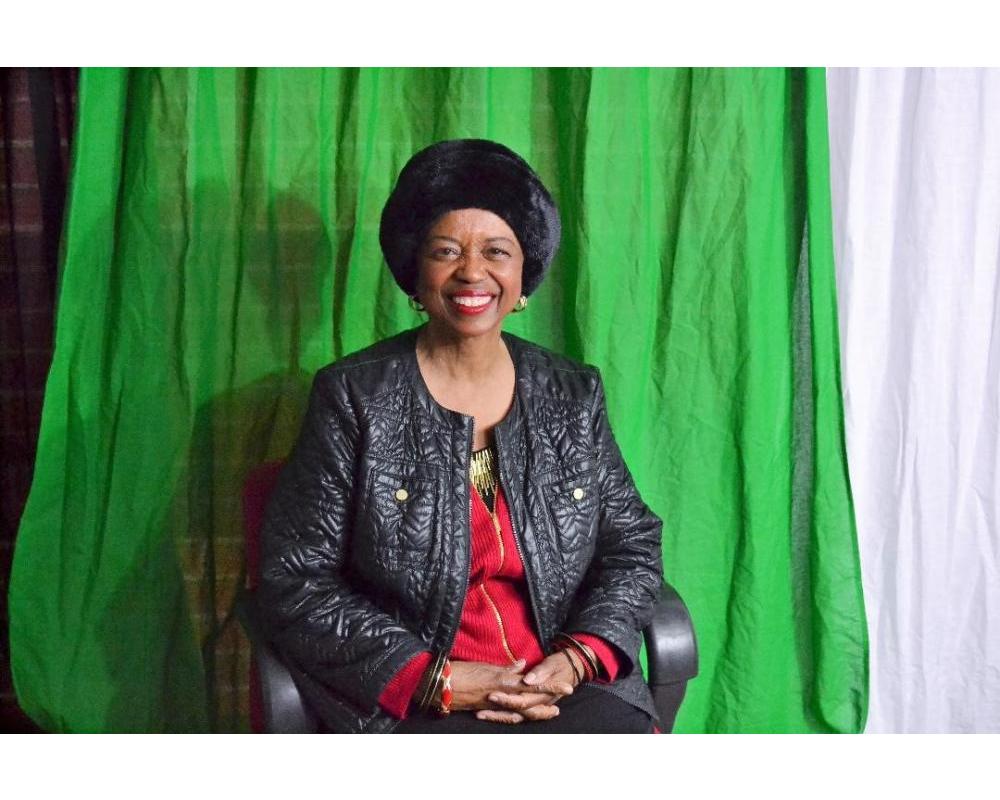
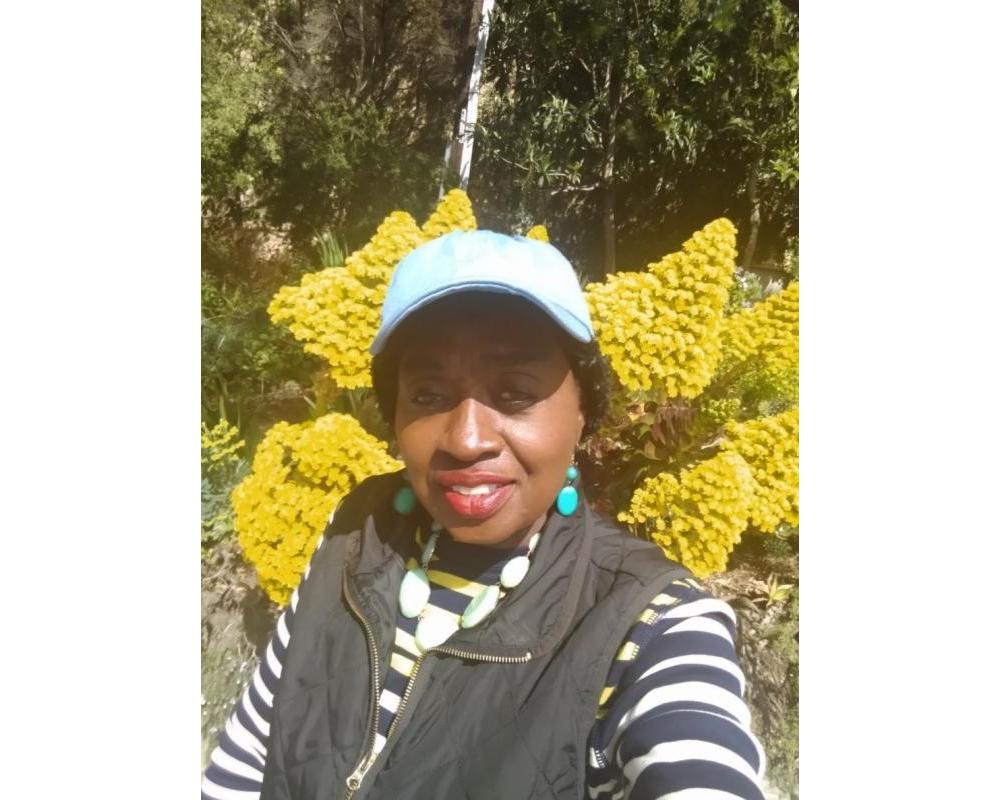

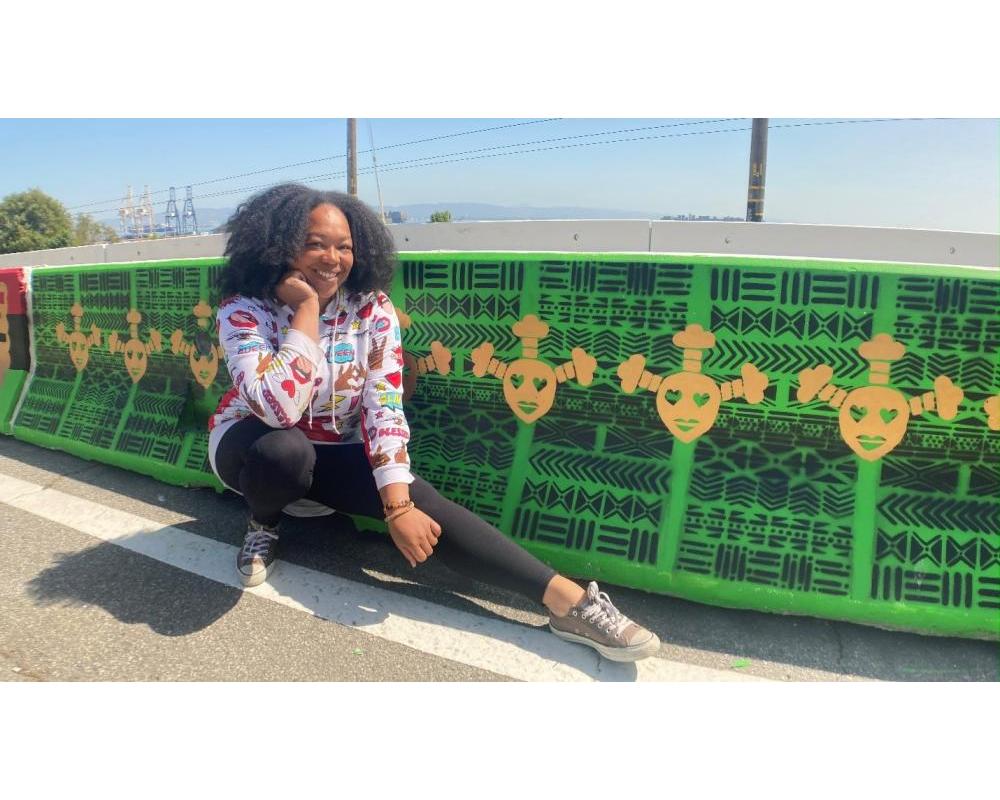
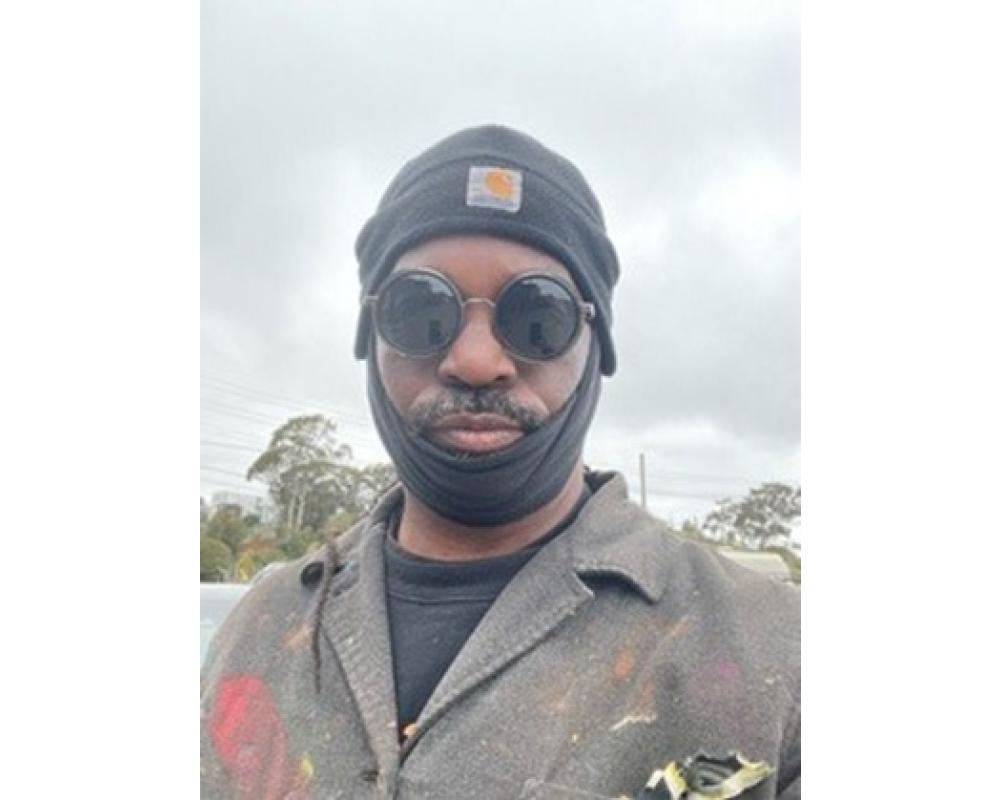
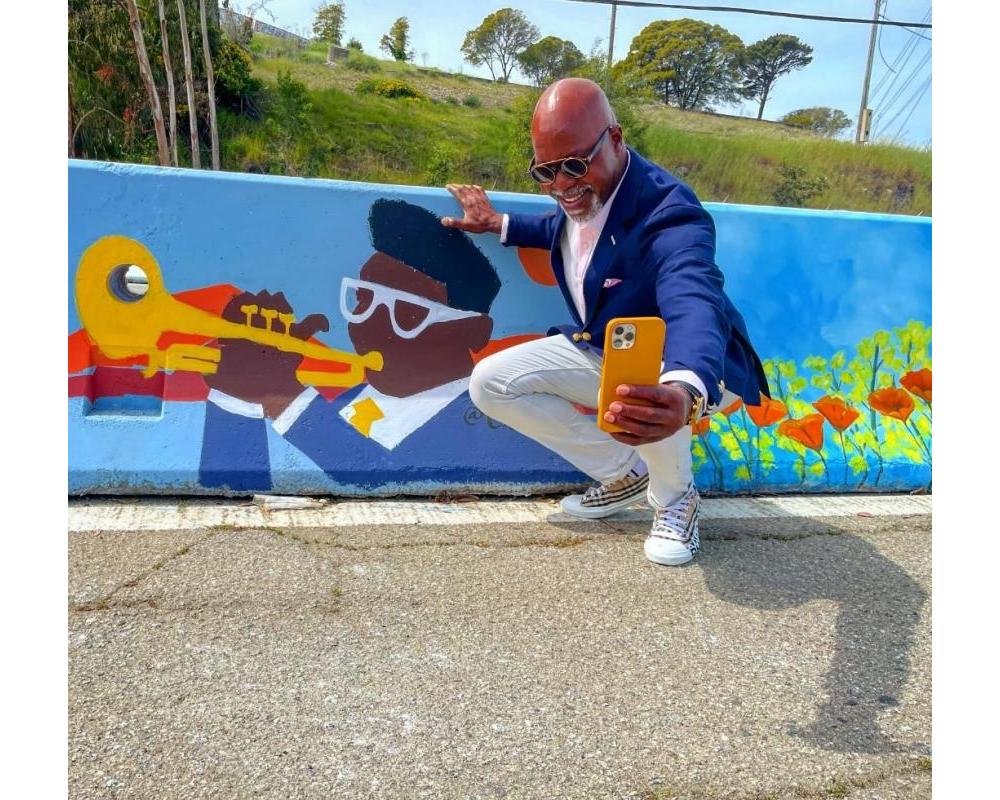
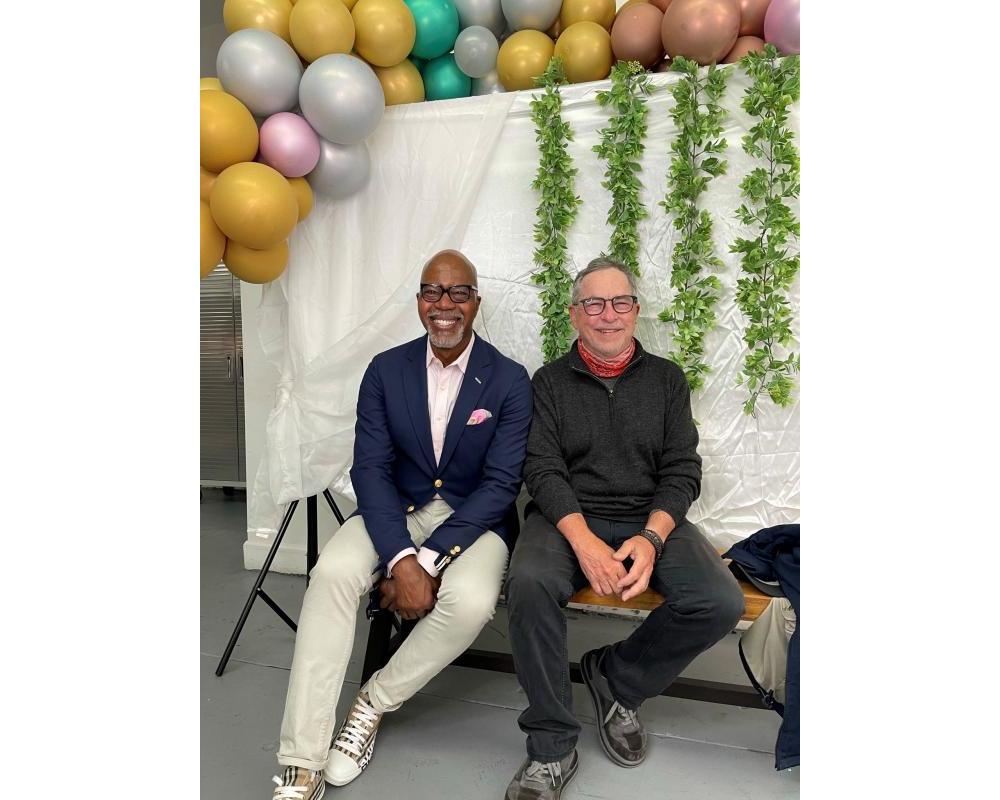
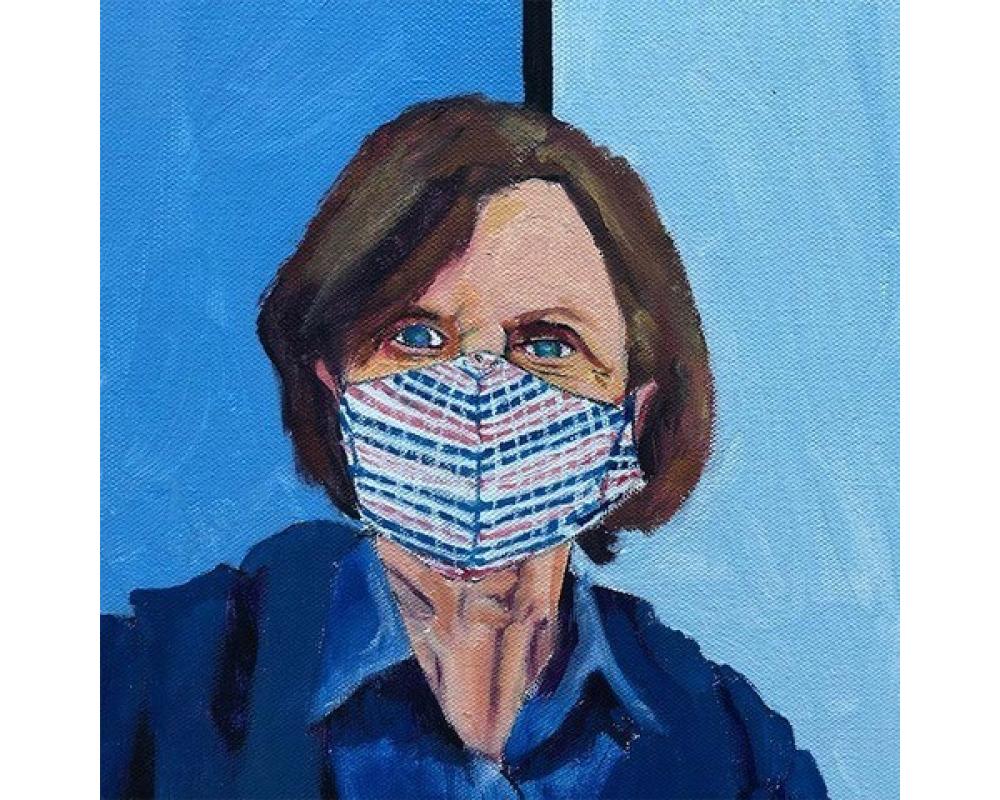
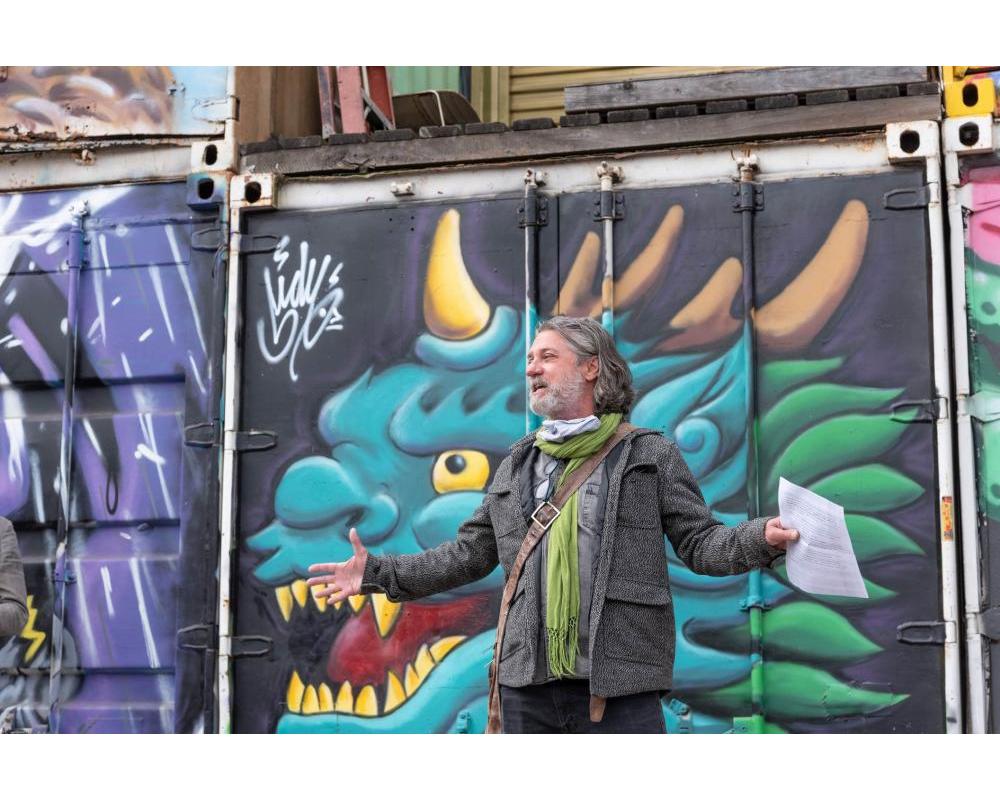
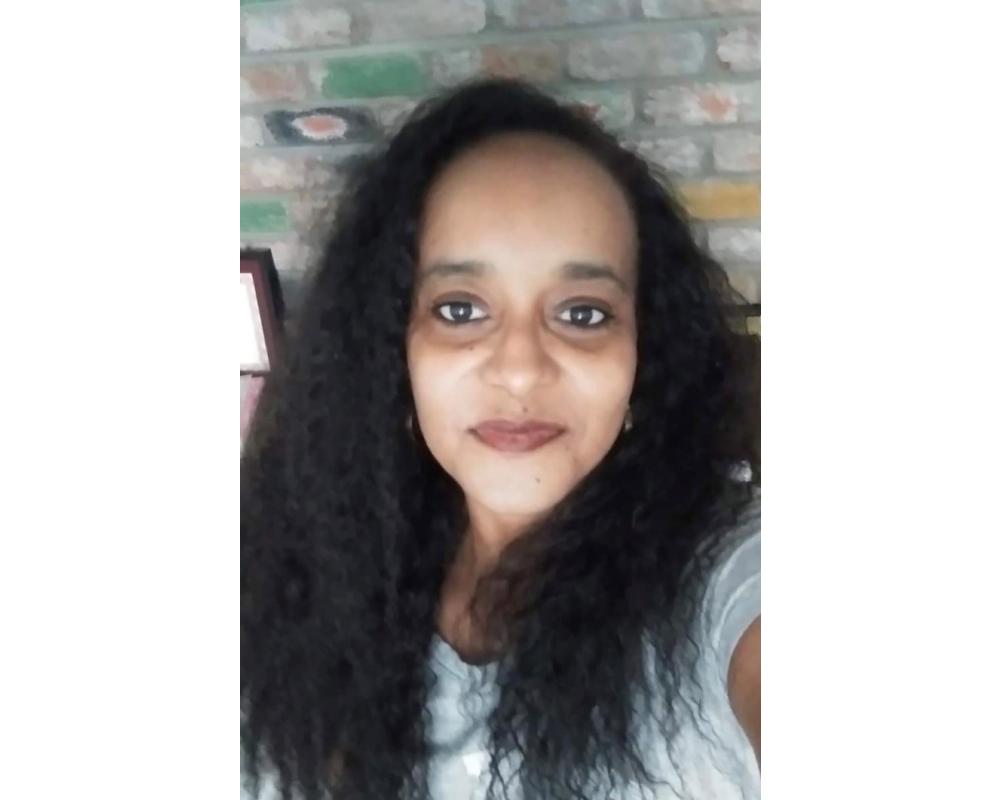
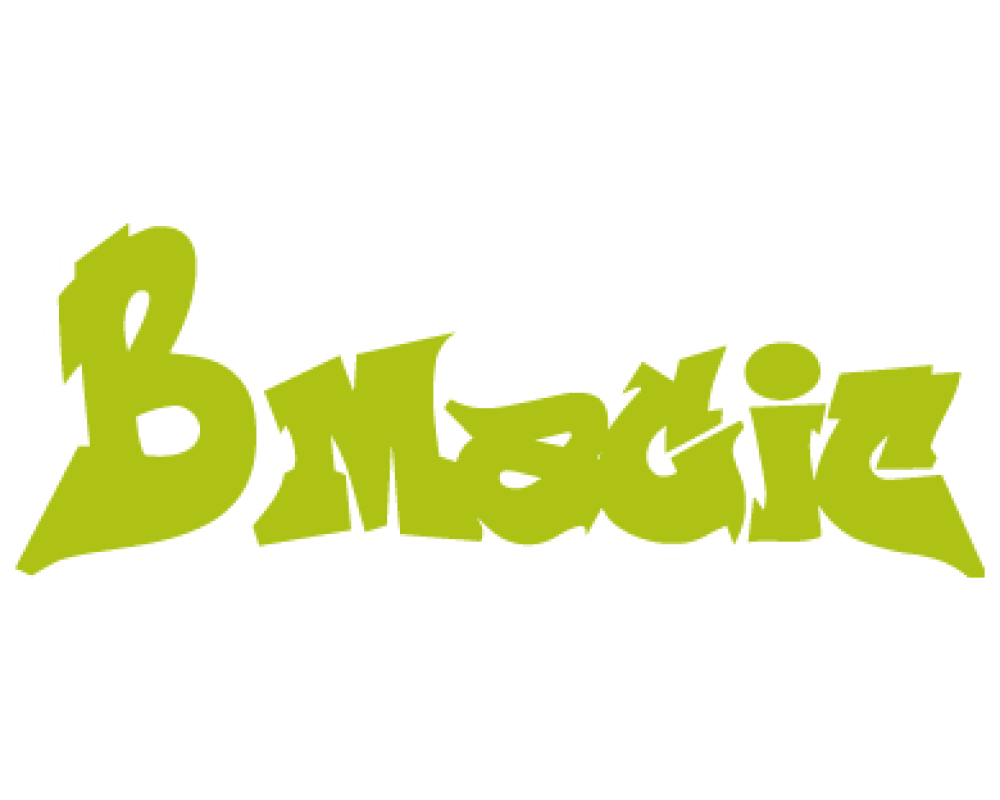
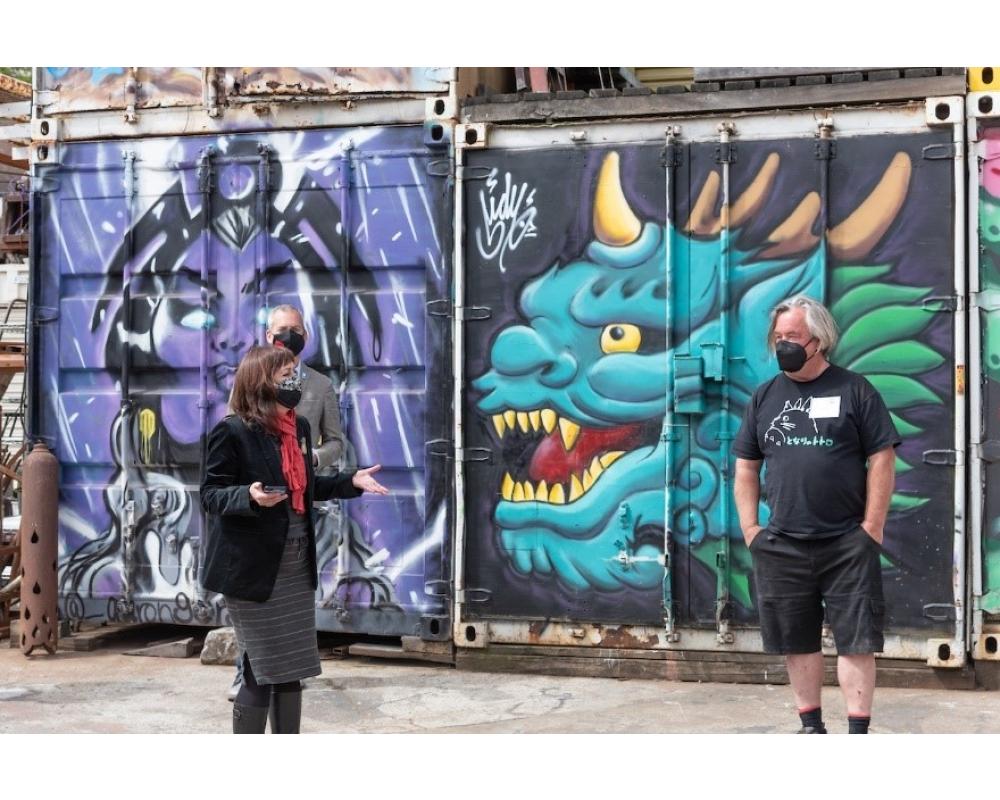





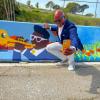


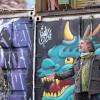


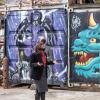
Comments are for the English version of this page.